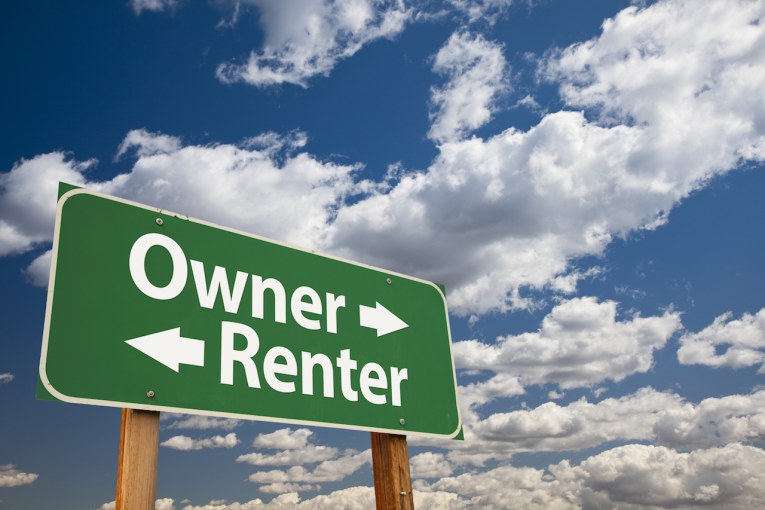
 by Sean Raycraft and Matthew Palm
by Sean Raycraft and Matthew Palm
We are writing in support of the Rental Ordinance under consideration for approval this Tuesday, January 23. This ordinance mandates pro-active inspection of rental units in the city of Davis by landlords and tenants to ensure compliance with health and safety code. With a minuscule rental vacancy rate, Davis needs this ordinance.
We know of tenants who faced dramatic rent increases as a result of requesting functional Air Conditioning for their units. In one case, an out-of-state landlord who came out of a coma decided, close to the deadline for a lease renewal, to raise rents on a site by $200 a month to cover new air conditioning. In this case, the tenants already signed a lease provided by the property management system weeks before learning of their rent hikes because apparently the landlord was unreachable. The tenants could not afford the new rents and, in Davis’ absurdly tight rental market, struggled to find alternative housing. Several problems led to this situation, like nobody representing the out of state landlord while she was in her coma and tenants learning of the rental increase close to the start of the new lease. The Rental Ordinance sets clear boundaries of roles and responsibilities to address problems like this. The pro-active rental inspection program included in the ordinance would have prevented this problem by ensuring tenants and the landlord would have known about problems with the air conditioning well in advance.
We know of other tenants who waited months for information on how to proceed on replacing mandatory smoke detectors. Tenants short on time just pay for their own, only to find what’s available in the stores isn’t up to code! Similar programs implemented in Los Angeles, Sacramento, and Santa Cruz have revealed significant problems with the heating, electrical work, and ventilation of units in those communities that were putting tenants’ health at risk [1].
Opponents of the Ordinance continually refer to the existence of a web form tenants can fill out to complain to the city about housing issues. This argument fails to address several problems. First, a complaint based system further escalates landlord-tenant relations, and the risks of alienating landlords are too significant for many tenants to handle. A proactive inspection program ensures prompt responses to health and safety concerns in housing before they grow out of hand. Second, immigrants, the undocumented in particular, are significantly less likely to use a complaint based system. We live in a country where immigrants survivors of sexual assault and gun crimes are afraid of calling 911 or connecting with police for fear of deportation [2]. It’s highly unlikely families afraid to reach out for help in such difficult times would reach out to the city to address challenges with their landlords. A pro-active rental program ensures immigrant renters are less likely to end up in this kind of situation at all.
We also know about structural problems in the rental market here in Davis, primarily effects of the 0.2% vacancy rate at any given time. A friend of one us, a single mother of two, nurse, and recently elected delegate in the ADEM elections, is facing a real possibility of homelessness. Her landlord sold the property and she now has less than 30 days to find a new home in our community, or she will be forced to move outside of Davis because there are simply no vacancies. Fortunately, she has many ties to the community and resources to withstand this shock. But what about the members of our community who do not have the means?
Renters who file complaints are likely to face retaliation in many forms. Your lease may not be renewed. Your landlord will not provide references for your next rental application. They may steal your security deposit after you hire a professional cleaning service. A cost effective arbitration service will help curb slumlord abuses, by giving renters and neighbors options other than small claims court. In sum, proactive renters ordinances like the one under consideration tonight save everybody time, money and wellbeing in the long run [3] while protecting the most vulnerable in our community. Given that the housing crunch is only going to get worse in coming years, having this policy in place will help significantly in the future. If you are able, please contact the city council members, or come to the council chambers tonight.
Write a quick note to your council members at citycouncilmembers@
Sean Raycraft is a lifelong Davis resident and UFCW Shop Steward and Matthew Palm is a housing researcher who recently completed his Ph.D. at U.C. Davis.
[1] see “Top 10 Rental Housing Violations” https://www.cityofsacramento.
[2] https://www.hrw.org/news/2014/
Sean and Matthew
You have at least one former renter and current landlord on your side on this issue. Having been on both sides I can clearly see benefits in terms of improved living conditions.
I would want however to have some potential exemption or compassionate allowance. Being significantly older, I saw the anecdote about the landlady in a coma from an additional perspective. While I felt for the situation of the renters, I also feel that in considering any ordinance some provision should be made for situations such as this in which the homeowner, who may be dependent upon the rent as a major part of their income and yet may become through no fault of their own temporarily incapacitated. There may be cases in which penalties for noncompliance should not be punitive.
This is a good first attempt. but with fine for not register a mini-dorms CAPed at $7.50, it is hard not to consider this ordinance and its inspection program largely voluntary for landlords.